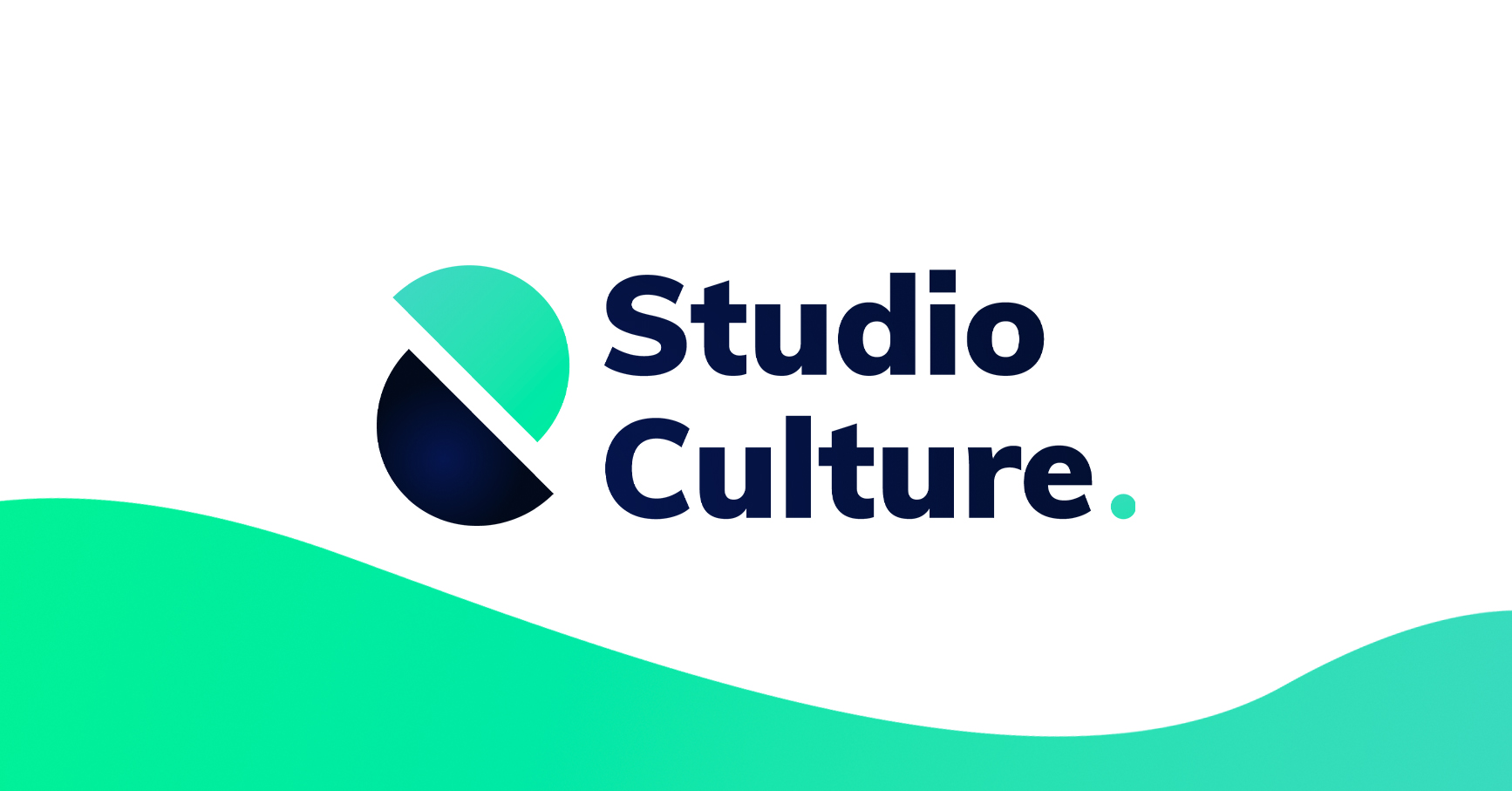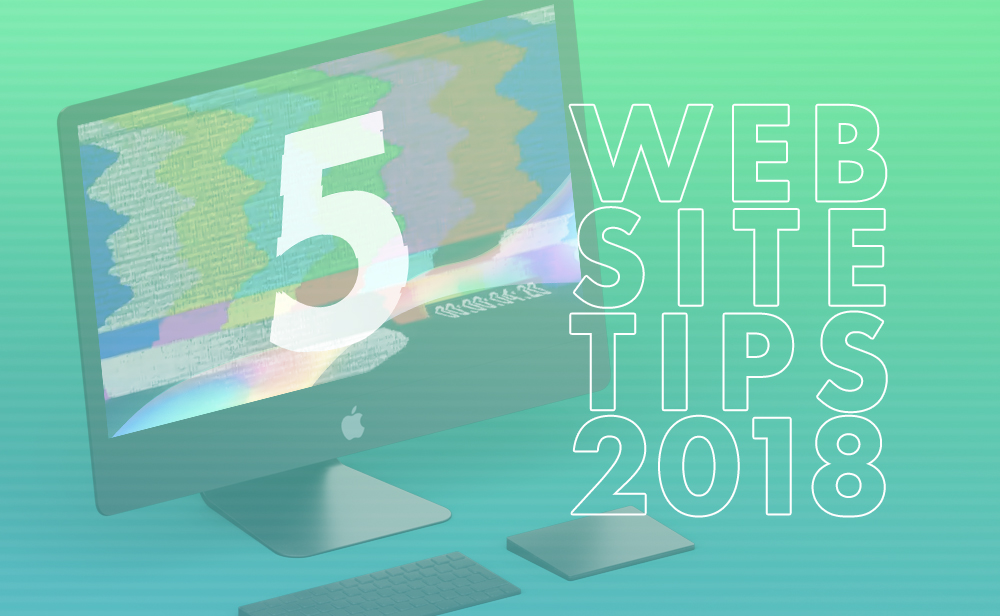Today’s vast array of social media channels in the marketplace have a number of pros and cons, ranging from the advantages of being fast, cheap and encouraging customer engagement to the cons of enabling the spread of false information and the need for daily monitoring placing high demands on your time. But how do these pros and cons play out more specifically to each of the big social media platforms? We’ve had a look at four big social media platforms and come up with some important pros and cons to help you weigh up which is most useful for your business.
Pros
-
Facebook is the most popular social network, boasting over a billion users and counting. Furthermore, these many users cover almost every demographic.
-
Facebook has very high engagement levels with more than 30 billion pieces of content shared each month
-
Facebook has made it easy to reach your target audience with their pay-per-click advertising system.
-
Traffic can be steered to your website through including a website link on your facebook page.
-
The ability to schedule posts makes it easy to remain present in news feeds without having to constantly post updates throughout the week.
-
Tracking fans and page statistics is made easy through tools provided on Facebook.
Cons
-
Your facebook page runs the risk of having negative comments posted, meaning frequent monitoring of the page is needed.
-
It can be a time consuming venture maintaining an effective facebook company page. Aswell as monitoring for spam or negative comments, businesses should ensure they respond promptly to comments and positive remarks from users to establish their presence on social media.
-
Many people’s news feeds are so crowded posts made by marketers are only seen by a very small portion of followers. This is forcing many marketers to pay more in order to get the reach they need.
-
Facebook is moving closer to a pay-only platform, meaning those who enjoy Facebook for its free platform that allows them to access their fan base may not be useful for long.
Pros
-
Twitter is big enough that no matter your business or market you will find an audience.
-
Twitter has a simple and uncomplicated user interface and the tweets themselves are incredibly easy to create meaning it is not a time consuming platform for businesses to engage in.
-
The limited characters for each tweet means you can be succinct in your messages, something that is not always acceptable on other platforms.
-
It is highly interactive, offering the opportunity for businesses to address customer concerns or comments directly.
-
Twitter ensures that each tweet goes out to all of your followers, often being re-broadcasted numerous times as re-tweets.
Cons
-
Twitter is mostly text based and so is not overly useful for visual content.
-
Many users follow several hundred profiles and so a tweet can easily disappear within your followers busy feeds. It is difficult to monitor how many of these tweets are being read.
-
Direct messages can only be sent to one user at a time, an inefficient messaging medium when compared to other communication methods.
Pros
-
Instagram is reportedly growing faster than any other social media platform with 50 times the engagement rate of Facebook and 20 times that of Twitter.
-
Appeals very strongly to millennials, a market segment whose buying power is increasing year by year.
-
It is created specifically for mobile devices, offering an effective social media platform for mobile users.
-
The effective use of hashtags provide a targeted filtering tool which helps organisations connect with users actively looking or searching for a particular term.
Cons
-
Advertising is limited on Instagram with only the big brands being able to afford to advertise.
-
Photos can only be shared from mobile devices.
-
There isn’t much space to describe companies outside of pictures.
-
There is currently no ability to click on URL or links in the caption or comment sections, meaning users have to go to the effort of manually copying and pasting the URL in their browsers address bar.
Pros
-
Ideal for visual content.
-
Each re-pinned post creates another link to your content, increasing company awareness.
-
Content has a long life span and due to layout of pinterest, old pins can be easily located within folders.
-
Images can be linked to specific landing pages, Pinterests’ high referral traffic outranks twitter and youtube.
Cons
-
Pinterest has a very specific audience. With 82% of users being female, Pinterest has the heaviest gender imbalance of all the social media platforms. Although this demographic may be useful for some brands, those looking for a wider demographic should include other platforms in their social media.
-
High quality photography is necessary in order to achieve success through this platform.
-
Pinterest is not currently catering to business interests.
There is proven value in investing in a social media presence, choosing a platform that plays to the strengths of your business will quickly reveal the value social media can have for your business.
If you want to know more about how social media can help your business, contact us today at Studio Culture.

